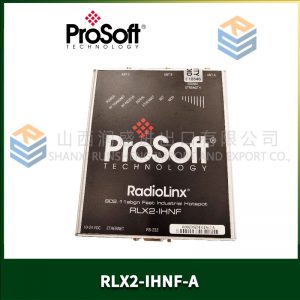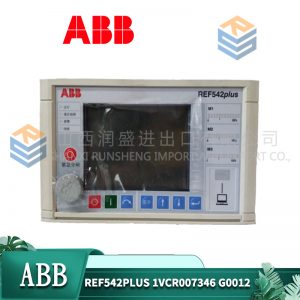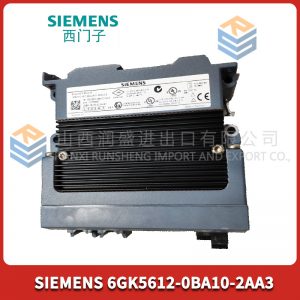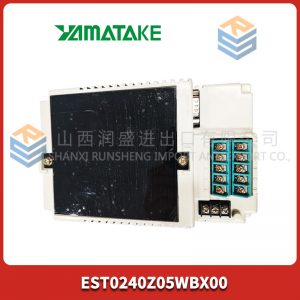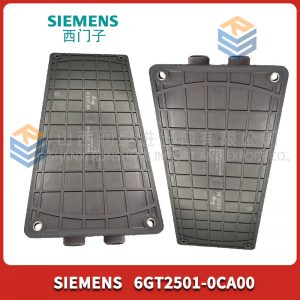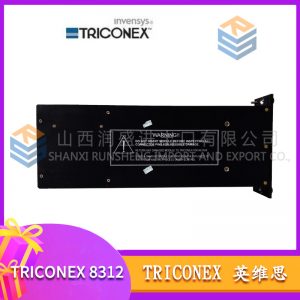Programmable controller is a digital operation of the electronic system, designed for use in industrial environments and design. It uses programmable memory for storing commands such as logical operations, sequential control, timing, counting, and arithmetic operations in its internal control and controlling various types of machinery or production via digital analog input and output process. Programmable controllers and their associated equipment should be designed in a manner that is easy to integrate with an industrial control system as a whole and easy to expand.
Features of PLC:
1.High reliability, strong anti-interference ability
2.Programming is simple and easy to use
3.Design, easy installation, less maintenance work
4.Functional, versatile, and can achieve three integrated power
5.PLC combines electronic control (logic control), electrical instrument (process control) and electric junction (motion control).
6.Small size, low energy consumption
7.High cost performance
PLC plays an important role in industrial automation. It has been widely used in machinery, metallurgy, petroleum, chemical industry, light industry, textile, electric power, electronics, food and transportation industry at home and abroad. Experience has shown that more than 80% of industrial control can be done using PLC.
Showing 1–16 of 58 results





